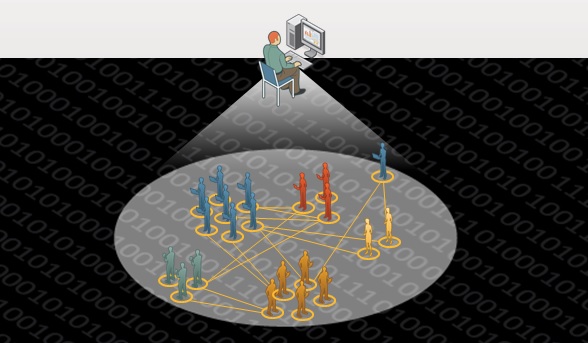
Symantec opens up data from the dark side
Dark data, sounds like something from a sci-fi movie doesn't it? In fact analysts at Gartner define dark data as information that enterprises collect and store as part of their day-to-day business activity but then fail to use for any other purpose.
Symantec's latest product, Data Insight 4.0, aims to shine light into the gloom and allow companies to take control of their dark data. The package works to integrate Symantec's security and storage offerings, giving companies a unified method of handling their information.
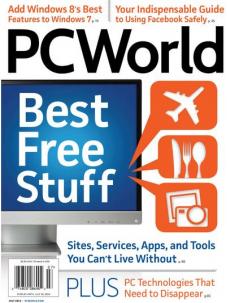
PC World magazine ends print version -- will focus on digital
Print media is dying; some may argue it is already dead. With the launch of the iPad and the current industry trend of tablet media consumption, consumers don’t want to clutter their homes with stacks of paper magazines and newspapers. Not to mention, there is the trend of "going green" which is in conflict with the destruction of trees necessary to make print magazines.
Following these trends, PC World announces it is exiting the print magazine business to focus on digital editions. To be honest, it is surprising that a technology-focused publication even lasted this long in the print world.
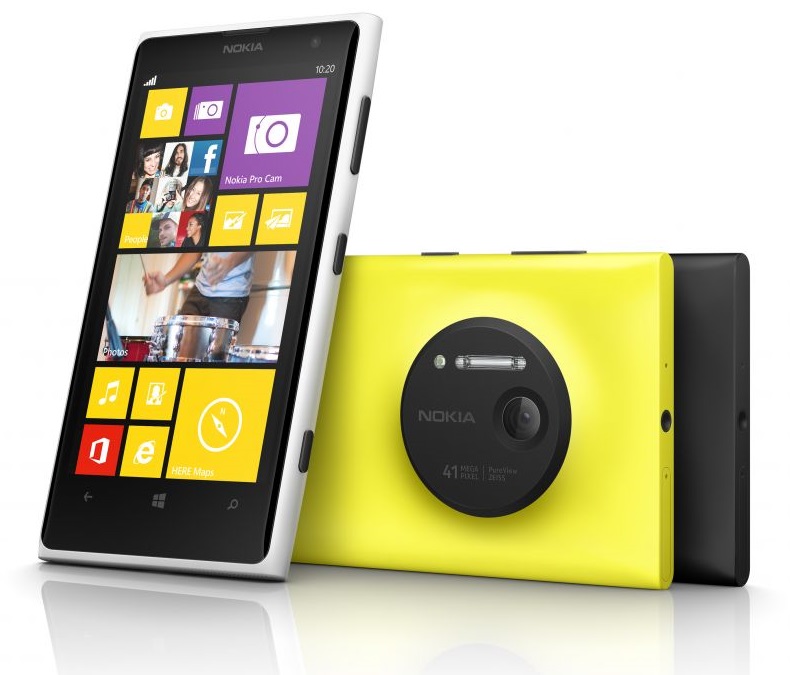
Meet Nokia Lumia 1020 Windows Phone
Today, during its "Zoom. Reinvented" press event, Finnish maker Nokia unveiled a new handset called the Lumia 1020, which is the company's modern, Windows Phone 8 interpretation of the year-old 808 PureView.
Just like the 808 PureView, the Lumia 1020 sports a 41 MP camera with Xenon flash, Zeiss lens and OIS (Optical Image Stabilization), that shoots photos at a massive 7712 by 5360 resolution and is capable of 1080p video recording at 30 FPS. But, that's where the similarities end. The Lumia 1020 packs a larger 4.5-inch AMOLED display with a resolution of 768 by 1280, which is protected by Corning Gorilla Glass 3, similar to the Lumia 925 that was unveiled in mid-May. On the front there is a 1.2 MP wide-angle camera that can shoot 720p video.
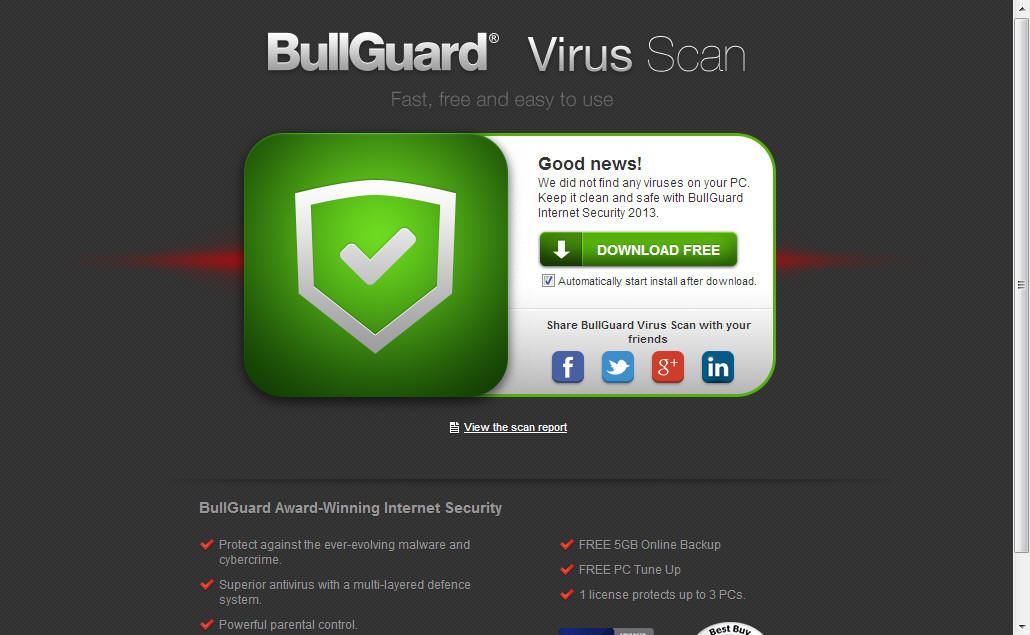
BullGuard launches free online virus scan
One man's virus is often another's legitimate program or cookie, so whatever antivirus software you have installed it's always useful to be able to get a second opinion from time to time. There are already a number of online scans you can use for this and BullGuard is the latest to join the party with today's launch of its own free scanner.
Unlike some of the alternative offerings, BullGuard works by adding a plug-in to your browser. This lets you run the scan at any time with just a single click on a toolbar button so you don't have to remember the website address or where you filed the bookmark. It supports all of the popular browsers too. The scan, which took just a couple of minutes using the Chrome plug-in on my -- not quite as fast as it used to be -- Windows 7 laptop, looks for viruses and checks that your current security is up to date.

Curious what the NSA gleans from your Gmail? Now you can see for yourself
Ever since Edward Snowden leaked what seems to be the mother lode of the decade, the internet has been fervently abuzz with speculation about Prism. The (aptly named) program was setup by the United States NSA (National Security Agency) to work hand in hand with internet giants to cull over mountains of data related to users of numerous services from Facebook to Gmail to Hotmail. Whether or not this information is accurately being used for its intended purpose -- thwarting terror attacks -- is still up for debate. But one thing we do know for sure is not only the type of data being plucked, but more importantly the overarching power this data yields.
It seems the crafty folks at MIT haven't been sitting back and watching this drama unfold. They've gone ahead and launched a representative cloud tool called Immersion that is very accurate in its portrayal of the inner workings of your entire digital life (or at least, the one contained to your Gmail account). National Journal's Brian Fung first covered this astonishing project, and it was since picked up similarly by eWeek.

Fedora 19 -- Schrodinger's Cat seeks Linux purr-fection
Fedora Linux is not the most popular Linux distribution -- its popularity is currently ranked number five on distrowatch.com (Linux Mint is number one). However, as the distribution of choice by Linux founder Linus Torvalds, the Linux community takes notice when a new version is released. On July 2, 2013, version 19 of the operating system -- dubbed Schrödinger's Cat -- was released.
Fedora is my go-to distro for many reasons. Most notably, it is very stable while at the same time being relatively bleeding edge. Kernel updates are constant and up to date while packages are kept fresh and modern. I consider myself a Gnome 3 fan and enthusiast. Fedora is the best operating system for the Gnome 3 community -- the Gnome 3 experience is pure and untouched.

More power and flexibility from 1&1's Dynamic Cloud Server
Leading web host company 1&1 Internet has launched a new cloud server package that delivers user configurable resources to bring greater efficiency to business users.
The adjustable resources -- processor cores, RAM and hard disk space -- are configurable upwards and downwards by the user at any time. This offers the capacity for a very high performance resource at a low cost. The pricing model is clearly set out with costs per hour for each core and gigabyte of RAM and disk space. Changes become active within five minutes and there's no minimum contract term involved.

LG teases the forthcoming Optimus G2 smartphone
LG is set to launch a new product in New York on 7 August and has posted a Samsung style teaser video suggesting the device will be the follow up to the Optimus G.
The video clip shows various locations in New York as viewed from a first person perspective. At each landmark, including Central Park and the Brooklyn Bridge, the person holding the camera sees a sign stating "To me, you are perfect. From G", which also happens to be the name of the video.

Scammers are after the Apple ID I don't have
When I receive an email asking to validate my account info, it is an obvious alert that something is amiss. These frequently come in the guise of PayPal and even banks where I have no account -- a no brainer to hit the delete button. However, as I browsed through my messages while preparing for bed, one caught my attention, not because of variance from other email scams, but because it simply attempted to lure me to a trap I had not encountered previously.
While the likes of PayPal and CitiBank may trade between targets number one and two, this was the first time I had been asked to validate my Apple account -- the one I have never had.

Bing Audio reaches 'more', but not all Windows Phone 8 users
"Many features, most of which are available everywhere" is the tagline Microsoft should use for Windows Phone 8. Why? Well, because the complete functionality provided by the tiled smartphone operating system is not offered or fully working in all markets. For instance, until two months ago the complete photo and video backup feature was available in just a limited number of regions and, only yesterday, did the software giant expand Bing Audio support to a larger number of countries.
"Bing Audio is one of those Windows Phone features that, once you know it's there, you find yourself using all the time", says Microsoft's Michael Stroh. It allows users to identify tunes, similar to Shazam and SoundHound. "The good news is that now more of you will have a chance to try it", adds Stroh. "More" but not all.
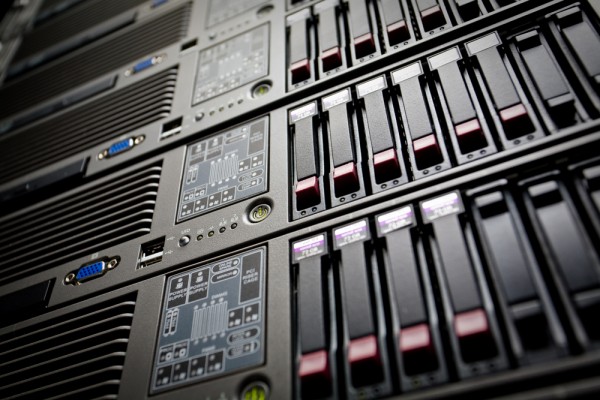
IBM bets the server farm on flash
You may have seen the news that IBM has decided all enterprise Tier 1 storage should be flash-based and is putting in place plans to make the transition as fast as possible. Big Blue will be investing $1 million to integrate flash into all of its servers and storage systems and is introducing its own flash-only appliance.
Why the sudden move? Data centers increasingly demand the ability to process information more quickly, but traditional hard drives have only shown a small increase in speed over the last few years. IBM claims that flash solutions can speed up processing by around 90 percent for banking and trading applications. Other benefits include lower energy consumption, less maintenance and a smaller footprint.

The Curator: Why Microsoft is forcing us on to Modern UI apps
I've been struggling for a good year now with Microsoft's decision to push users as hard as it is pushing them to use the new, modern user interface, what was once code-named Metro. Even in Windows 8.1 (formerly known as Windows Blue), it is the primary UI. Why is Microsoft forcing us to use it?
"Forcing" is perhaps too strong of a word I suppose (although it's a good one for a headline). You can continue to run conventional Windows programs -- hell, even text-mode console software -- and keep using a traditional computer with a keyboard and mouse, but they're all legacy now, at least for Modern UI apps.

CyanogenMod to receive iMessage-like encryption feature
Former NSA contractor Edward Snowden triggered one of the largest privacy-related scandals, after he revealed information about a secret phone tracking program which targets more than 100 million Verizon customers. The implications are immense, and combined with subsequent leaks, have triggered a shift in privacy and data security approaches.
Following "recent events", CyanogenMod developer Koushik Dutta announced on Google+ that the popular custom Android distribution will receive an iMessage-like encryption feature that will allow users to securely send and receive texts between devices that run CyanogenMod.

Android threats grow as attackers follow the money
Mobile malware is growing into a profitable business according to the latest Mobile Threats Report from Juniper Networks. Not only is mobile malware growing at a rapid rate its writers are behaving in an increasingly businesslike way when planning their attacks and distribution strategies.
Of the malware detected by Juniper's Mobile Threat Center, 92 percent is aimed at Android thanks to its large share of the market. This is a massive increase over the 24 percent Android accounted for in 2010. Attackers are also seeking to streamline their distribution by using loosely-regulated, third-party app stores. Some three out of five of these originate in China or Russia.

Watch Microsoft unveil Windows 8.1 Preview at Build [update]
On Wednesday, June 26, Microsoft revealed the highly anticipated Windows 8.1 update at its Build 2013 developer conference, and also made the OS refresh available to install shortly afterwards.
The good news, for anyone interested in all things Windows, is there was no need to travel all the way to The Moscone Center in San Francisco, or shell out $2,095 for a full priced ticket to view the Windows 8.1 reveal. We streamed it here live.
